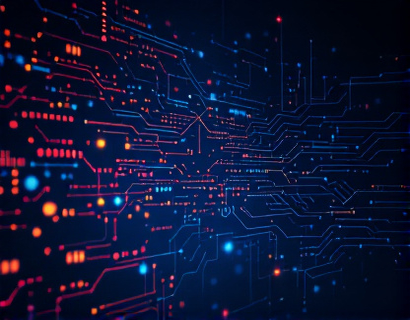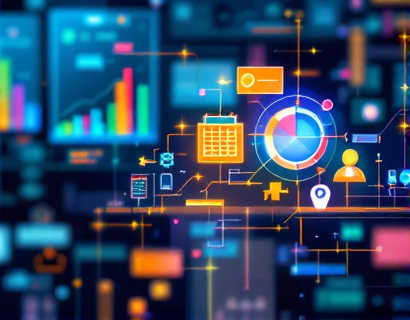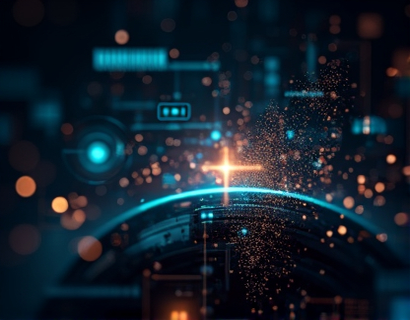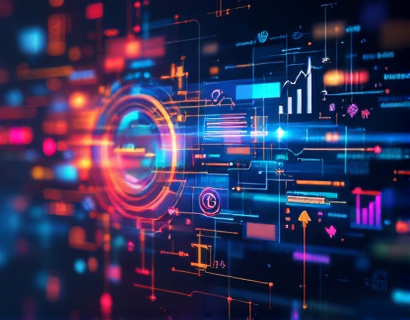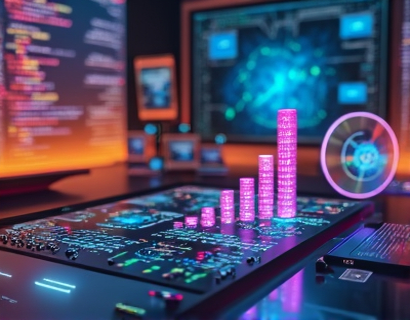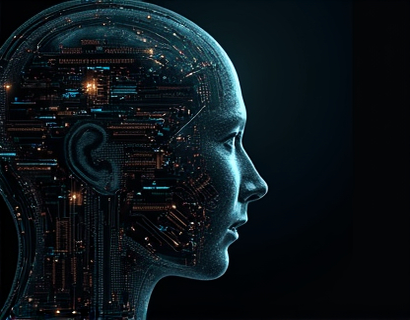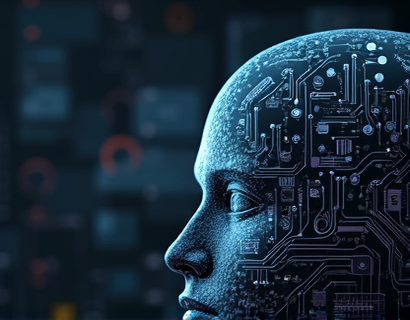Revolutionizing Learning: The Power of AI-Powered Knowledge Assistants
The integration of Artificial Intelligence (AI) into educational platforms has ushered in a new era of learning, making knowledge more accessible, interactive, and safe for users of all ages. This article delves into the transformative impact of AI-powered knowledge assistants, focusing on how these tools are reshaping the way we acquire and interact with information in various services and industries.
Enhancing Educational Experiences with AI
AI-powered knowledge assistants are designed to provide expert insights and real-time information on a wide range of topics, from industry trends to specialized services. These platforms leverage advanced algorithms and natural language processing to deliver personalized and accurate responses, enhancing the educational experience for students, professionals, and families alike.
The core advantage of these AI assistants lies in their ability to offer safe and interactive learning environments. By incorporating robust content verification mechanisms, these platforms ensure that the information provided is reliable and up-to-date. This is particularly crucial in an era where misinformation can spread rapidly, making trustworthy sources of knowledge invaluable.
Specialized Content Verification
One of the key features of AI-powered knowledge assistants is their content verification process. This involves cross-referencing information from multiple credible sources to ensure accuracy and relevance. For instance, when a user inquires about the latest developments in renewable energy, the AI assistant will not only provide a summary but also cite authoritative sources and recent studies to support the information.
This level of verification is especially important in industries where accuracy and reliability are paramount, such as healthcare, finance, and technology. By relying on verified data, users can make informed decisions and gain a deeper understanding of complex topics without the risk of encountering false or misleading information.
Child-Friendly Mode for Educational Use
Recognizing the unique needs of younger learners, many AI-powered knowledge platforms offer a child-friendly mode. This mode simplifies the language and presentation of information, making it more accessible and engaging for children and students. The interface is designed to be intuitive and visually appealing, encouraging curiosity and exploration.
In this mode, the AI assistant can answer questions in a way that is suitable for different age groups, from elementary school to high school. For example, a child asking about the solar system will receive a simplified explanation with fun facts, while a high school student might get a more detailed and technical response. This adaptability ensures that learning is both safe and effective for all users.
Interactive Learning for Students and Families
Students and families are increasingly turning to AI-powered knowledge assistants as reliable sources of information. These platforms offer a range of interactive features that enhance the learning experience. For instance, users can engage in conversations, ask follow-up questions, and receive immediate feedback, creating a dynamic and engaging educational environment.
Parents can also benefit from these tools by gaining insights into various subjects and staying updated on industry trends. This not only supports their children's education but also enriches their own knowledge base. The interactive nature of these platforms makes learning a collaborative and enjoyable process for the entire family.
Seamless Communication and Expert Insights
AI-powered knowledge assistants excel in providing seamless communication between users and experts in various fields. Through natural language processing, these assistants can understand and respond to a wide range of queries, from basic to highly specialized. This capability is particularly valuable in industries where expertise is critical, such as engineering, law, and medicine.
For example, a professional seeking insights on the latest advancements in artificial intelligence can have a conversation with the AI assistant, who will provide summaries of recent research papers, industry reports, and expert opinions. This level of access to expert knowledge would otherwise be difficult and time-consuming to obtain through traditional means.
Building a Knowledge Base for Continuous Learning
One of the most significant advantages of AI-powered knowledge assistants is their ability to build and maintain a comprehensive knowledge base. These platforms continuously update their databases with the latest information, ensuring that users always have access to the most current data. This is particularly beneficial in rapidly evolving fields where new discoveries and innovations occur frequently.
The knowledge base is structured in a way that allows for easy navigation and cross-referencing. Users can explore related topics, delve deeper into specific areas of interest, and connect the dots between different pieces of information. This holistic approach to learning fosters a deeper understanding and retention of knowledge.
Ensuring a Safe Learning Environment
Safety is a top priority for AI-powered knowledge assistants, especially when it comes to educational use. These platforms implement strict content moderation policies to filter out inappropriate or harmful content. Advanced algorithms monitor user interactions and content in real-time, ensuring that the learning environment remains secure and positive.
For parents and educators, this provides peace of mind knowing that children and students are accessing reliable and safe information. The child-friendly mode further enhances this safety by limiting exposure to complex or sensitive topics and using age-appropriate language.
Case Studies: Successful Implementation in Various Industries
The benefits of AI-powered knowledge assistants are evident across multiple industries. In the healthcare sector, these platforms provide patients and professionals with up-to-date information on medical research, treatment options, and health guidelines. For instance, a patient asking about the latest developments in cancer treatment will receive accurate and comprehensive information, helping them make informed decisions about their care.
In the financial industry, AI assistants help users understand complex financial products, market trends, and investment strategies. This democratization of financial knowledge empowers individuals to make better financial choices and manage their assets more effectively.
In the technology sector, these platforms keep users informed about the latest innovations, software updates, and cybersecurity best practices. For developers and IT professionals, having access to real-time industry insights can significantly enhance their skills and project outcomes.
Future Prospects: Expanding the Potential of AI in Education
The future of AI-powered knowledge assistants in education looks promising, with ongoing advancements in AI technology and increasing adoption across various sectors. As these platforms continue to evolve, we can expect even more sophisticated features and integrations.
For example, the integration of augmented reality (AR) and virtual reality (VR) could create immersive learning experiences, allowing users to visualize complex concepts in 3D. Additionally, AI-driven personalized learning paths could adapt to individual learning styles and paces, further enhancing the educational value of these tools.
Moreover, the expansion of multilingual capabilities will make these platforms accessible to a global audience, breaking down language barriers and promoting educational equity. As AI technology becomes more sophisticated, the potential for transformative learning experiences will only continue to grow.
Conclusion
AI-powered knowledge assistants represent a significant leap forward in educational technology, offering safe, interactive, and expert-driven learning experiences. By providing verified information and catering to the needs of different user groups, these platforms are reshaping the way we learn and interact with knowledge. As we move forward, the integration of AI in education will undoubtedly play a crucial role in fostering a more informed, engaged, and capable society.



